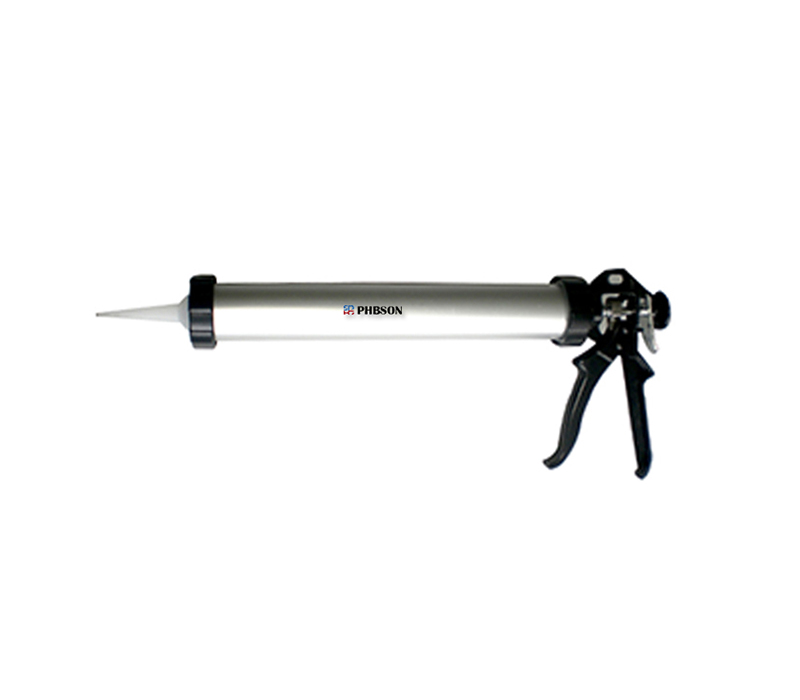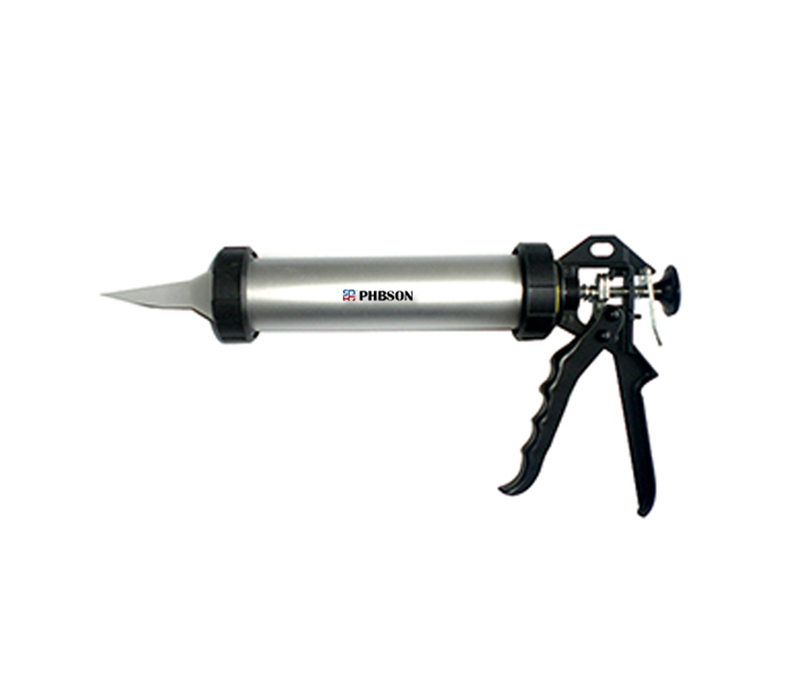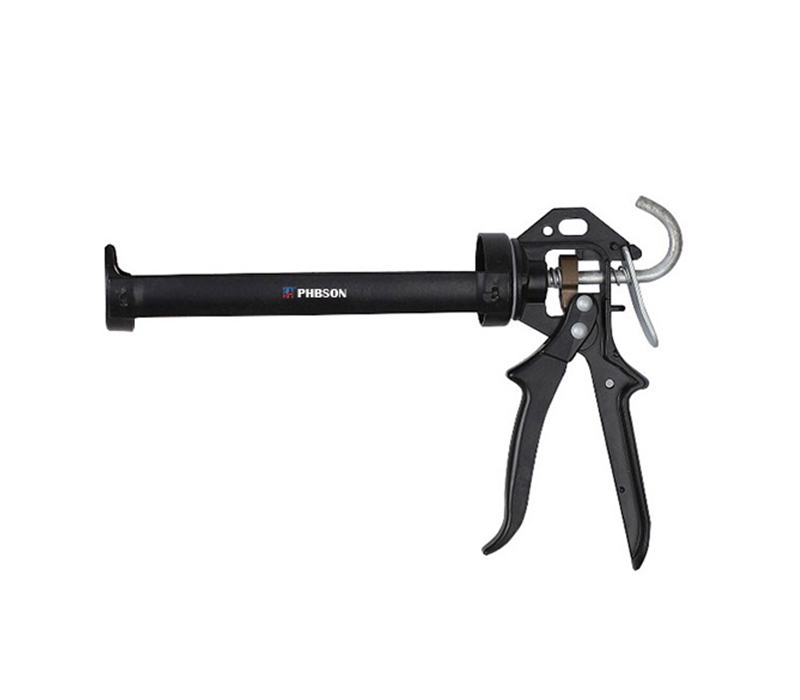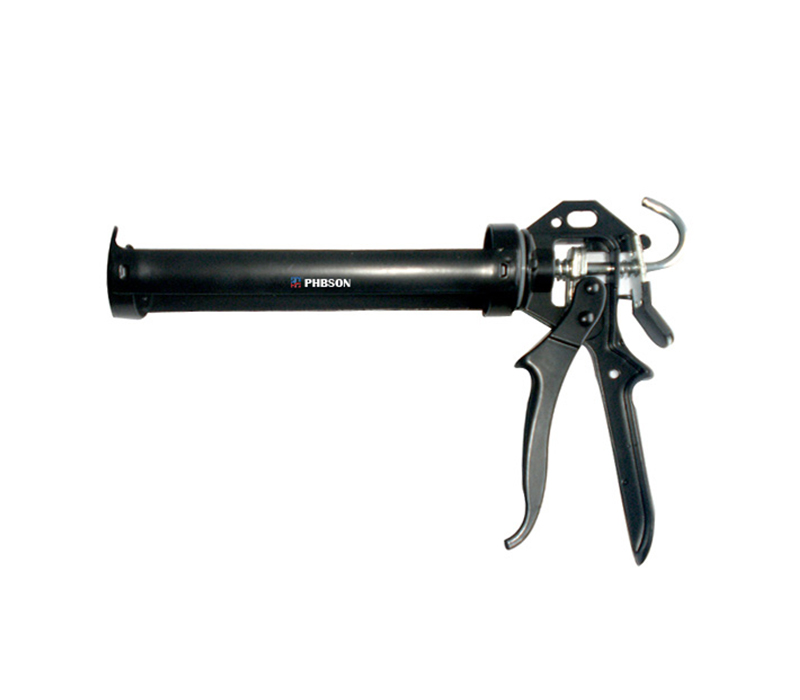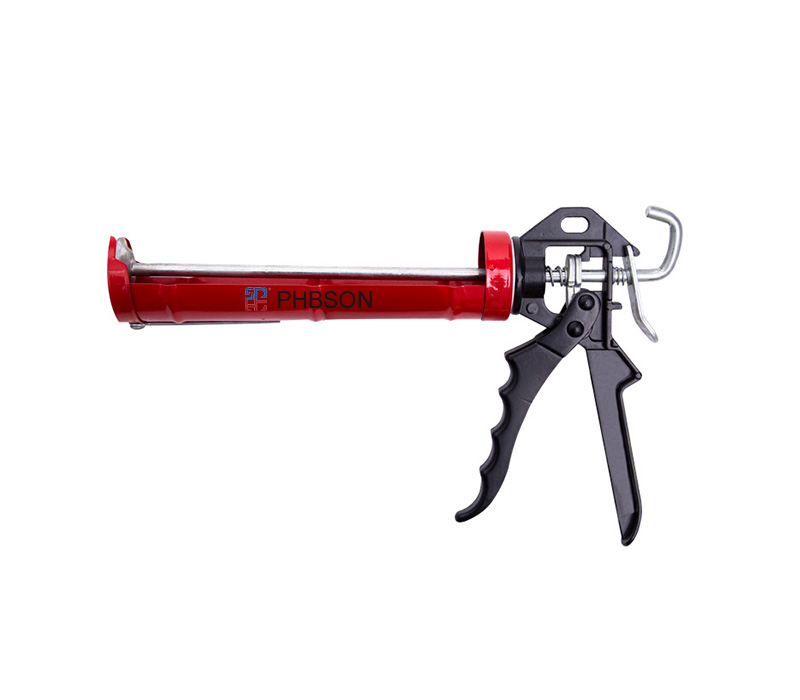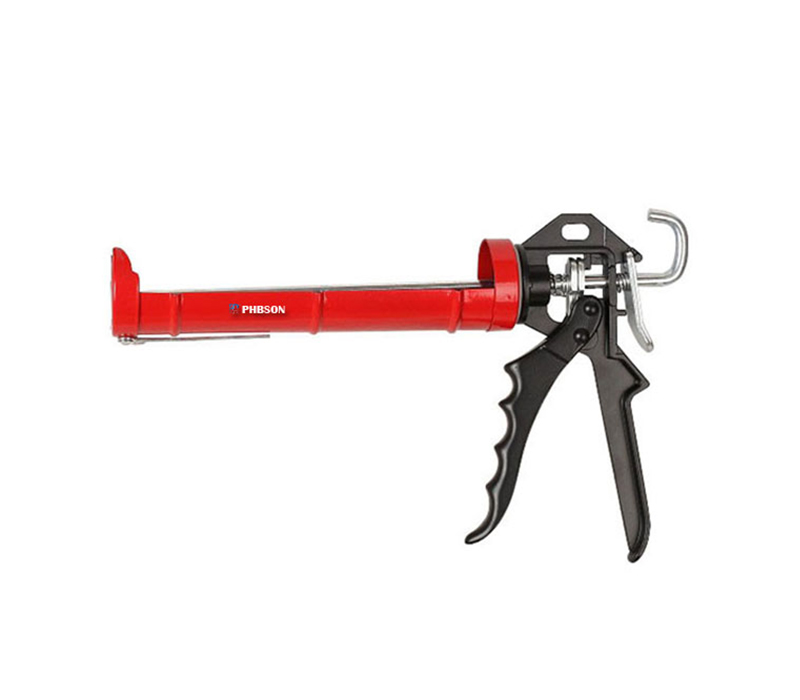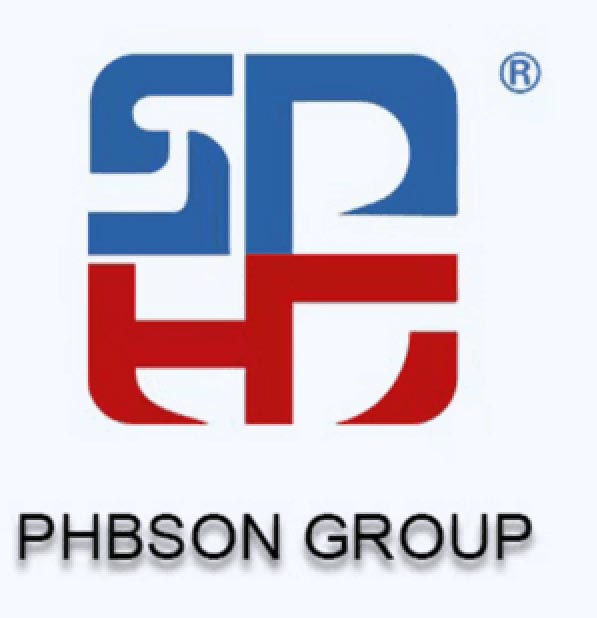Electric water pumps have become an essential tool in modern society. They play a critical role in various sectors, from residential and commercial buildings to large industries and agricultural farms. With a simplified mechanism in their operation, these utilities ensure a steady, controlled flow of water, enhancing convenience and boosting efficiency. This article focuses on the core of these life-changing utilities — the electric water pump factory.
Operating as the backbone of various industries, electric water pump factories play a pivotal role in the production and supply of these essential utilities. Located globally, they carry the mandate of providing efficient, durable, and cost-effective Electric Water Pumps to cater to a diverse range of needs. They are instrumental in bolstering economies, ensuring water supply, fostering industrial growth, and ultimately enhancing the quality of life. What goes on in an electric water pump factory is a process steeped deeply in advanced technology, engineering expertise and strict quality control measures.
The design phase is the initial step, where engineers utilize computer-aided design (CAD) software. This step is significant as it directly influences the Electric Water Pump's operational efficiency, durability, and suitability for its intended function. Once a suitable design is developed, prototyping follows. Here, the factory produces a physical model of the designed water pump. The prototype is subjected to various tests to identify any potential flaws in the design. If any malfunctions are detected, necessary adjustments are made. This meticulous procedure ensures that products leaving the factory are reliable and efficient. The manufacturing process involves high-tech machinery and equipment. Materials used in production vary depending on the specific type of electric water pump.
For instance, most factories use stainless steel due to its high resistance to rust and ability to withstand high pressures. Other materials commonly used include cast iron, brass, and thermoplastics. Quality control is a non-negotiable aspect within the factory setting. Each pump undergoes rigorous testing before it is approved for distribution. These tests evaluate the pump's performance based on pressure, flow rate, and energy efficiency. This stringent quality assurance process is an assurance to consumers that they are receiving reliable, functional, and durable electric water pumps. Today's factories are not only manufacturers but innovators as well. They are consistently on the quest for advancements in technology that will enable the production of more efficient, cost-effective, and environmentally friendly pumps.
Some factories have introduced smart pumps that use sensors to monitor their performance, resulting in increased efficiency and longevity. Lastly, these factories are significant employment hubs. They create jobs, thereby contributing significantly to the global economy. It is not just about the production of electric water pumps; the employees play a vital role in executing the factory's vision, adhering to safety standards, and maintaining the quality of output. To wrap up, the electric water pump factory is a powerhouse ─ a combination of technology and human resources working together to provide solutions for various industries and households. The factory's ongoing commitment to innovation, quality assurance, and economic growth underscores its essential role in today's industrial landscape.
In a world that depends on efficient water supply and disposal, the importance of these factories cannot be overstated. As we steer toward a future dominated by technological innovations, it is expected that these factories will continue to evolve ─innovating and adopting new manufacturing trends to meet the ever-changing demands of the modern world.

 English
English Español
Español